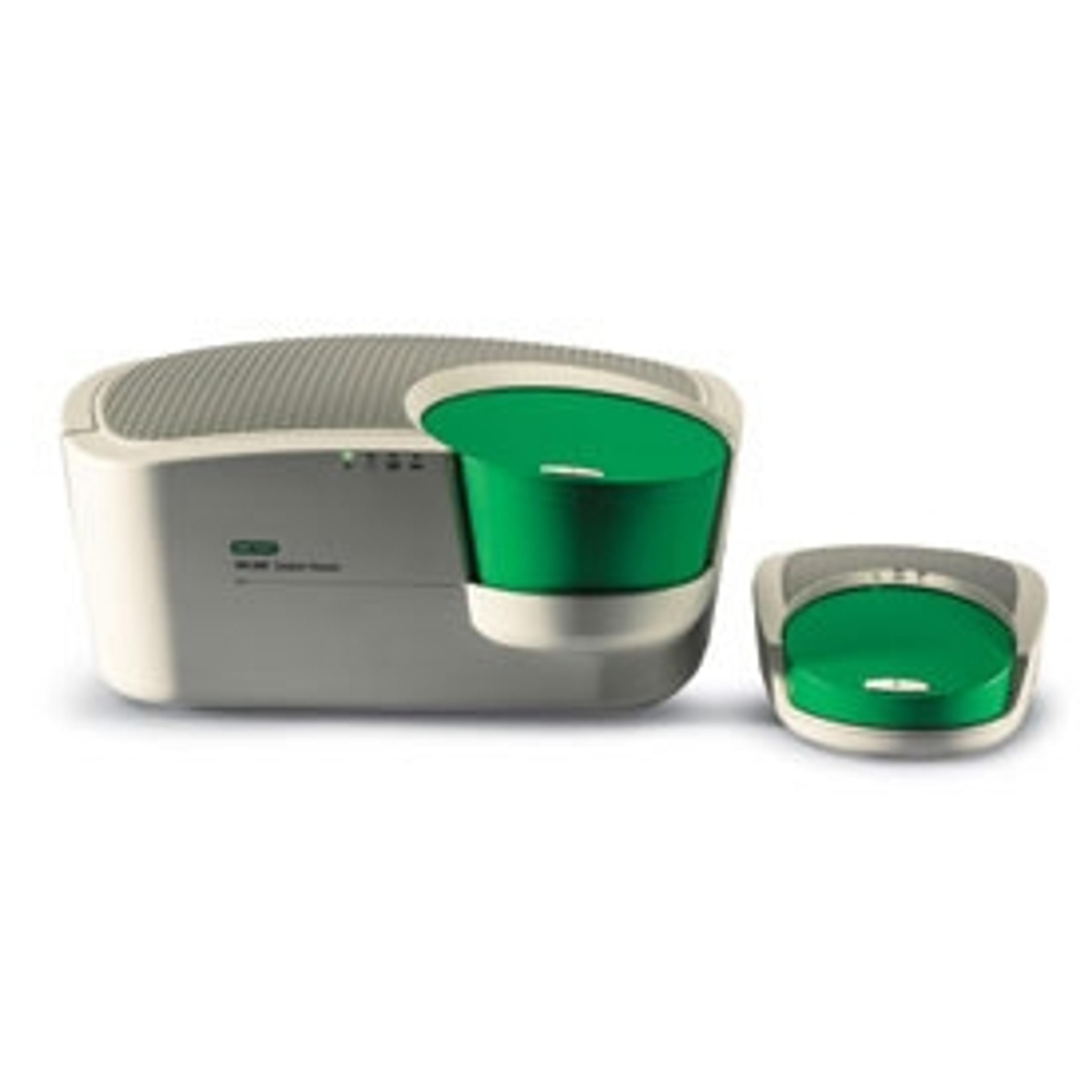How Revolutionary PCR Technology is Advancing Vital Cancer Research
Watch industry leading scientists discuss the very latest developments in cancer research, made possible with digital PCR technology
7 May 2017
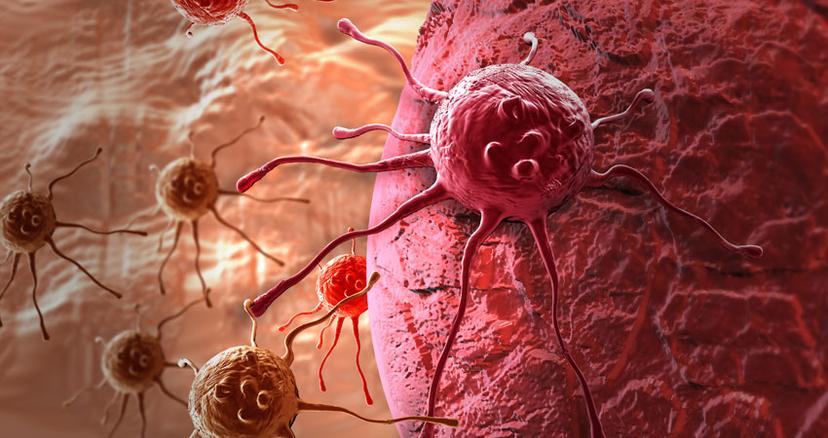
Image: Shutterstock/Cancer- CancerCells-'jovan vitanovski
Droplet Digital PCR (ddPCRTM) is a unique digital PCR technology from Bio-Rad. ddPCR performs digital PCR based on water-oil emulsion droplet technology. PCR reactions take place in nanoliter-sized droplets, and PCR amplification is carried out within each droplet. This massive sample partitioning is a key aspect of ddPCR technology and brings the power of statistical analysis into practical application. Leading scientists around the world are utilizing this novel technology for the advancement of cancer research. Watch these exclusive interviews to learn more about research into prostate cancer, acute myeloid leukemia and non-Hodgkin lymphoma.
Accelerating Cancer Genetics Research Using Digital PCR
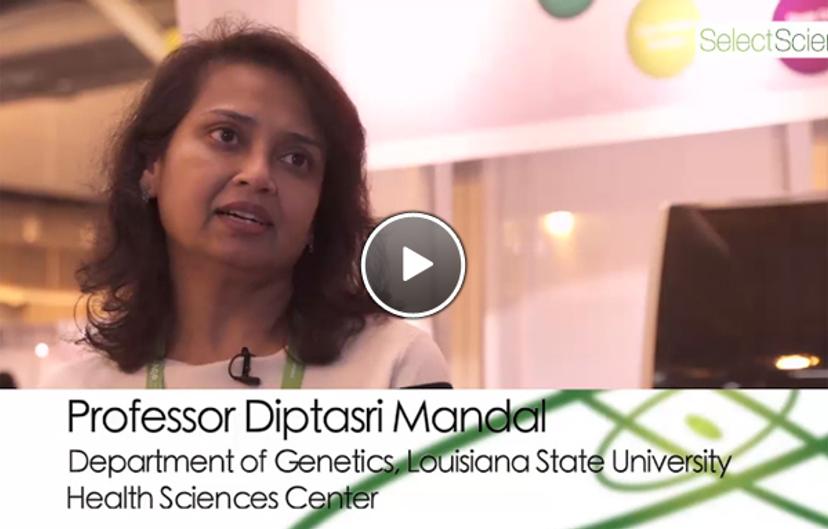
Interview with Professor of Genetics, Diptasri Mandal and graduate student, Kirsten Wood, of the Department of Genetics at Louisiana State University Health Sciences Center
Professor of Genetics, Diptasri Mandal and graduate student, Kirsten Wood, of the Department of Genetics at Louisiana State University Health Sciences Center, explain how custom digital PCR assays are facilitating their research into hereditary biomarkers of prostate cancer. Watch the interview.
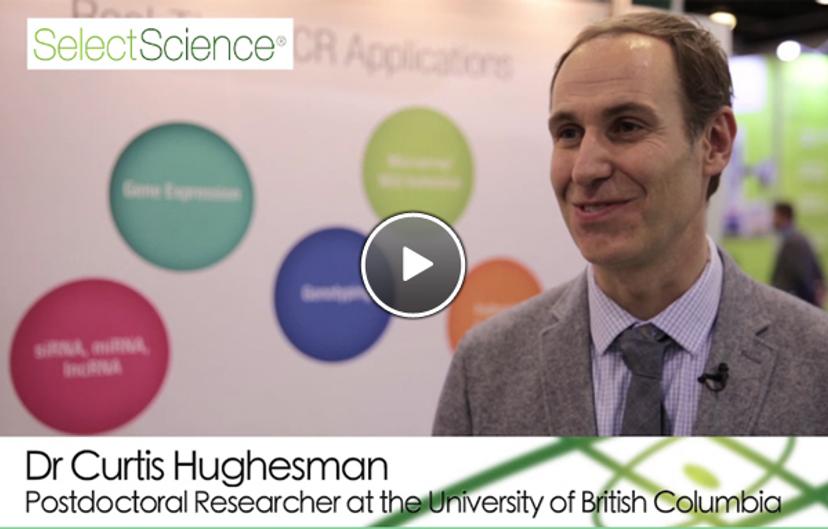
Interview with Dr Curtis Hughesman, Postdoctoral Researcher, BC Cancer Research Center and University of British Columbia
Dr Curtis Hughesman, Postdoctoral Researcher, BC Cancer Research Center and University of British Columbia, explains how droplet digital PCR is enabling him to develop novel molecular diagnostics assays as laboratory developed tests (LDTs) for the detection of cancer. Hear how he has developed a fast method to screen clinically relevant hotspot mutations, and a digital assay to detect DNA translocations in diseases such as AML. In the future, Dr Hughesman hopes to translate the assays into the clinical genetics lab, to enable earlier detection of cancer, and help to improve patient outcomes. Watch the interview.
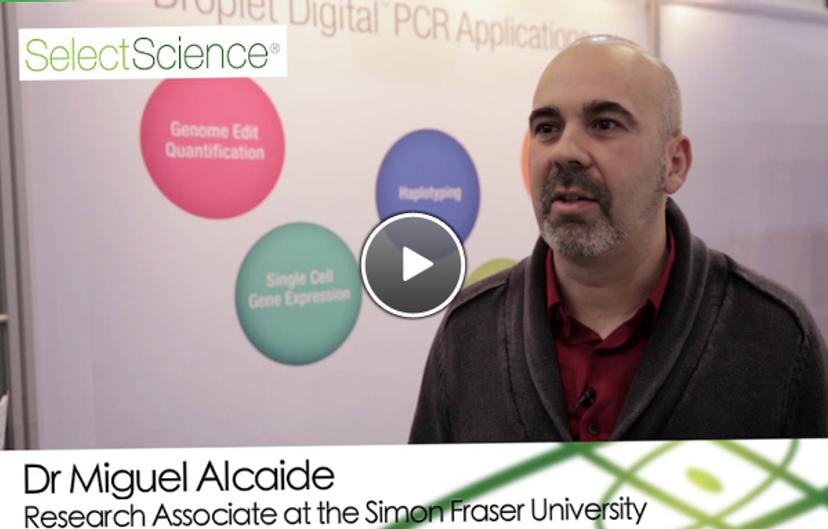
Interview with Dr Miguel Alcaide, Research Associate in the laboratory of Professor Ryan Morin at the Simon Fraser University, British Columbia
Dr Miguel Alcaide, Research Associate in the laboratory of Professor Ryan Morin at the Simon Fraser University, British Columbia, describes the development of novel droplet digital PCR assays for the detection and quantification of somatic mutations in B-cell non-Hodgkin lymphoma (NHL) samples. Hear how the method is suitable for fresh tumor, FFPE and liquid biopsies, and overcomes the limitations in analytical sensitivity, cost, and scalability seen in current mutation detection options. The approach offers potential for the prognosis and therapeutic management in B-cell NHLs. Watch the interview.
Comprehensive Single Cell Sequencing Solution from Bio-Rad and Illumina
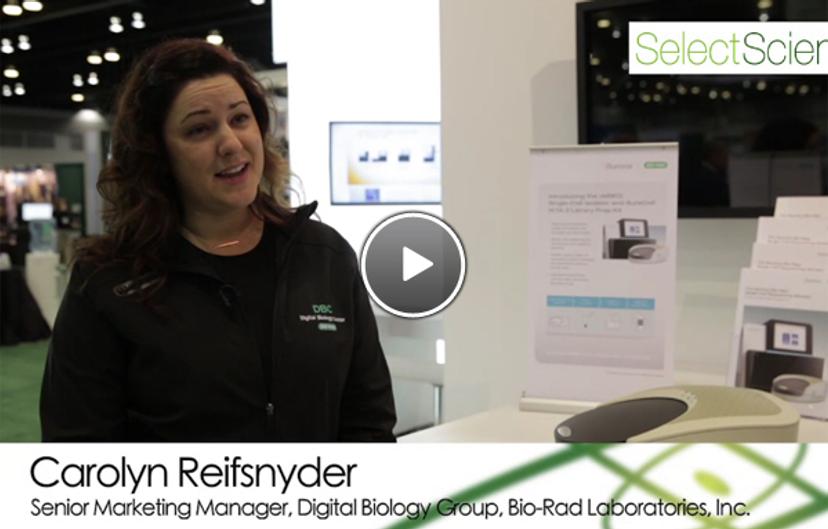
Interview with Carolyn Reifsnyder, Senior Marketing Manager, Digital Biology Group, Bio-Rad Laboratories, Inc., and Kevin Taylor, PhD, Senior Manager, Market Development, Complex Disease, Illumina, Inc.
Carolyn Reifsnyder, Senior Marketing Manager, Digital Biology Group, Bio-Rad Laboratories, Inc., and Kevin Taylor, PhD, Senior Manager, Market Development, Complex Disease, Illumina, Inc., present a new end-to-end high-throughput next-generation sequencing (NGS) workflow for single-cell gene expression analysis. Learn how Bio-Rad’s droplet digital PCR technology provides a flexible, scalable and cost-effective solution for single cell preparation for RNA-seq analysis on supporting Illumina platforms. This workflow will enable researchers to differentiate cell populations and sub populations to provide insight into cell fate, population heterogeneity, and transcription regulation in cancer, neurological tissues, and more. Watch the interview.

